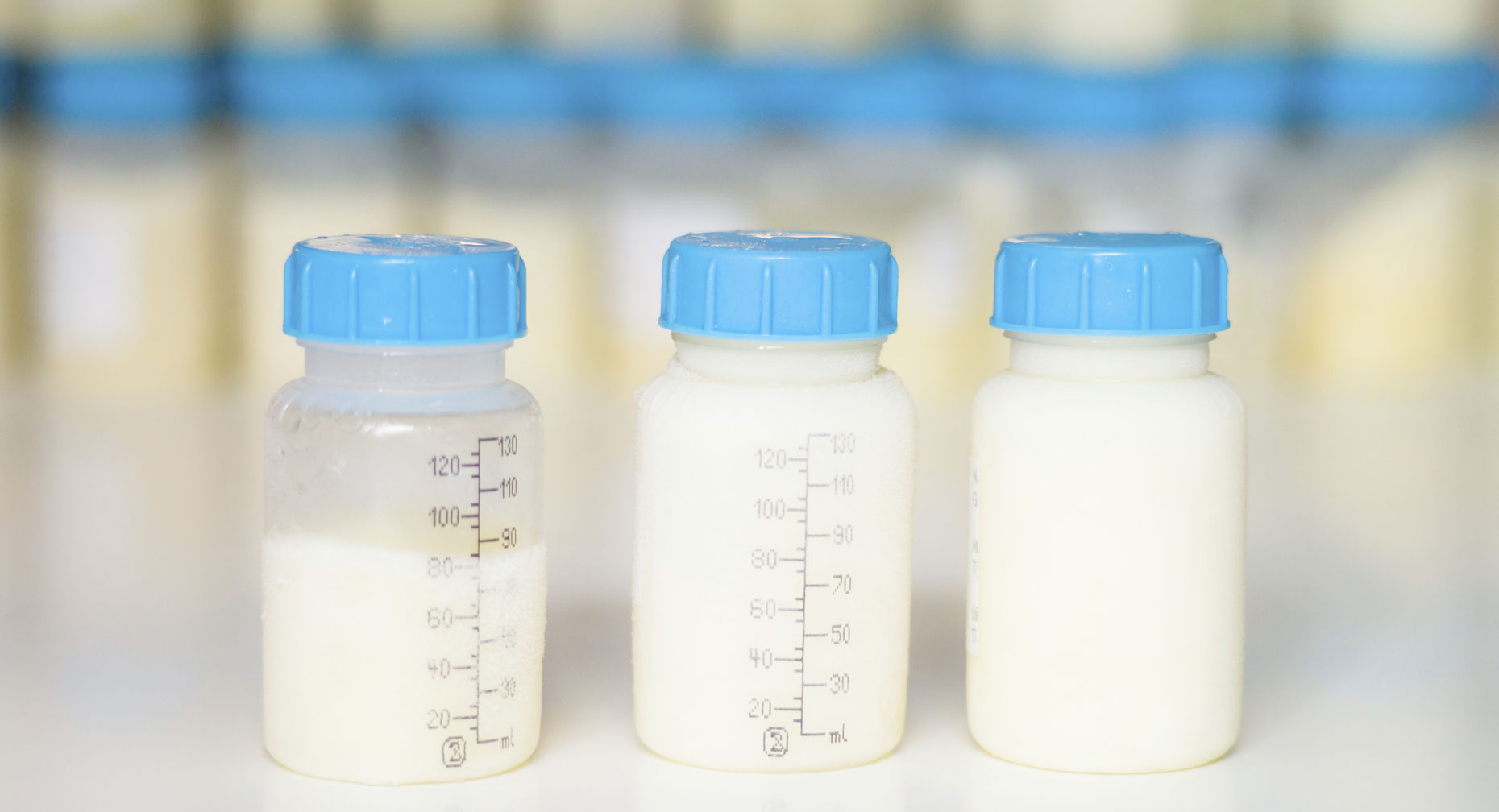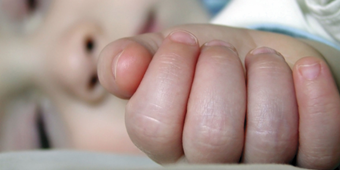Can’t Breastfeed? You Can Still Give Breast Milk

Find Your Perfect Match
Answer a few questions and we'll provide you with a list of primary care providers that best fit your needs.
Breastfeeding your baby is a natural process, but some moms need help. If you are unable to breastfeed for whatever reason, don’t despair. Instead, consider a breast milk bank, which can supply your baby with fresh breast milk.
While some women casually share breast milk with neighbors or family members, it’s not a wise move. Even the most well-meaning friend may unwittingly pass along a virus, or an unwelcome dose of her medication, to your baby.
Why Use a Milk Bank?
Moms may turn to a milk bank for any number of reasons:
- Not all mothers can make enough milk. This is especially common when a baby is premature.
- Moms who take certain medicines may choose not to breastfeed, as some drugs can be passed to the baby through breast milk.
- Women who have viruses such as HIV and tuberculosis could pass the disease to their child through breastfeeding.
- Mothers undergoing radiation therapy should not breastfeed.
- Some babies can’t tolerate formula, have severe allergies or don’t thrive on formula.
- Women who adopt a baby may want to provide their infant with the benefits of breast milk.
If you are considering buying breast milk from a milk bank, talk with your doctor or health care provider first. He or she may be able to give you a prescription for donor milk, which you can then purchase from a milk bank. Your insurance company may even pay for it.
Safety Concerns
While several popular online websites offer human milk, experts do not recommend them. Citing safety as a concern, researchers have found that some breast milk purchased online contained significant amounts of cow’s milk, or even bacteria.
If you are considering buying breast milk from a milk bank, talk with your doctor or health care provider first.
The best and safest place to get breast milk is a human milk bank. Many steps are taken to ensure the milk is safe. Even so, it pays to be cautious. If you are considering feeding your infant from a milk bank, the Food and Drug Administration (FDA) recommends that you make sure the milk bank has screened its milk donors and taken appropriate safety precautions, such as proper handling, to prevent contamination. Currently, the U.S. government does not regulate donor breast milk. However, milk banks are typically safer than other options. They generally screen all donors, and make sure the milk is safely handled, processed and stored.
Find Your Perfect Match
Answer a few questions and we'll provide you with a list of primary care providers that best fit your needs.
Source: National Institutes of Health; Womenshealth.gov; Whattoexpect.com




